Consortium
SymbNET brings together world-leading research institutions, several labs and units, to create a European network in the use of Genomics and Metabolomics in Host-Microbe Symbiosis research. Meet all the partners involved.
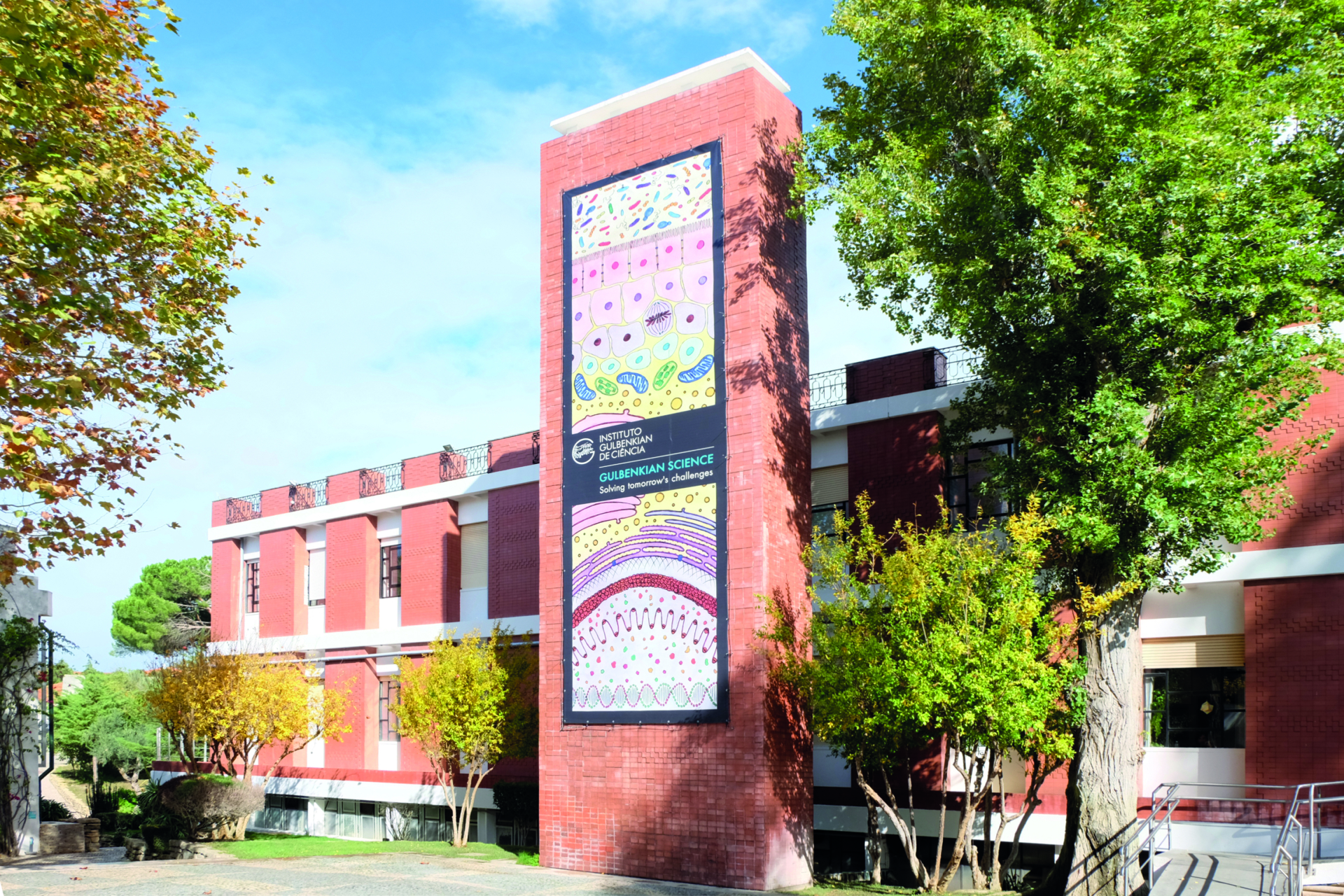
Instituto Gulbenkian de Ciência
As part of the Calouste Gulbenkian Foundation, the Instituto Gulbenkian Ciência (FCG-IGC) is an institute dedicated to biological and biomedical research and innovative postgraduate training, placing science at the heart of society. 400 scientists, from 41 different nationalities, aim to understand the fundamental principles of Biology, in particular how the organism is formed and interacts with its environment, leading to novel approaches towards disease treatment and world sustainability.
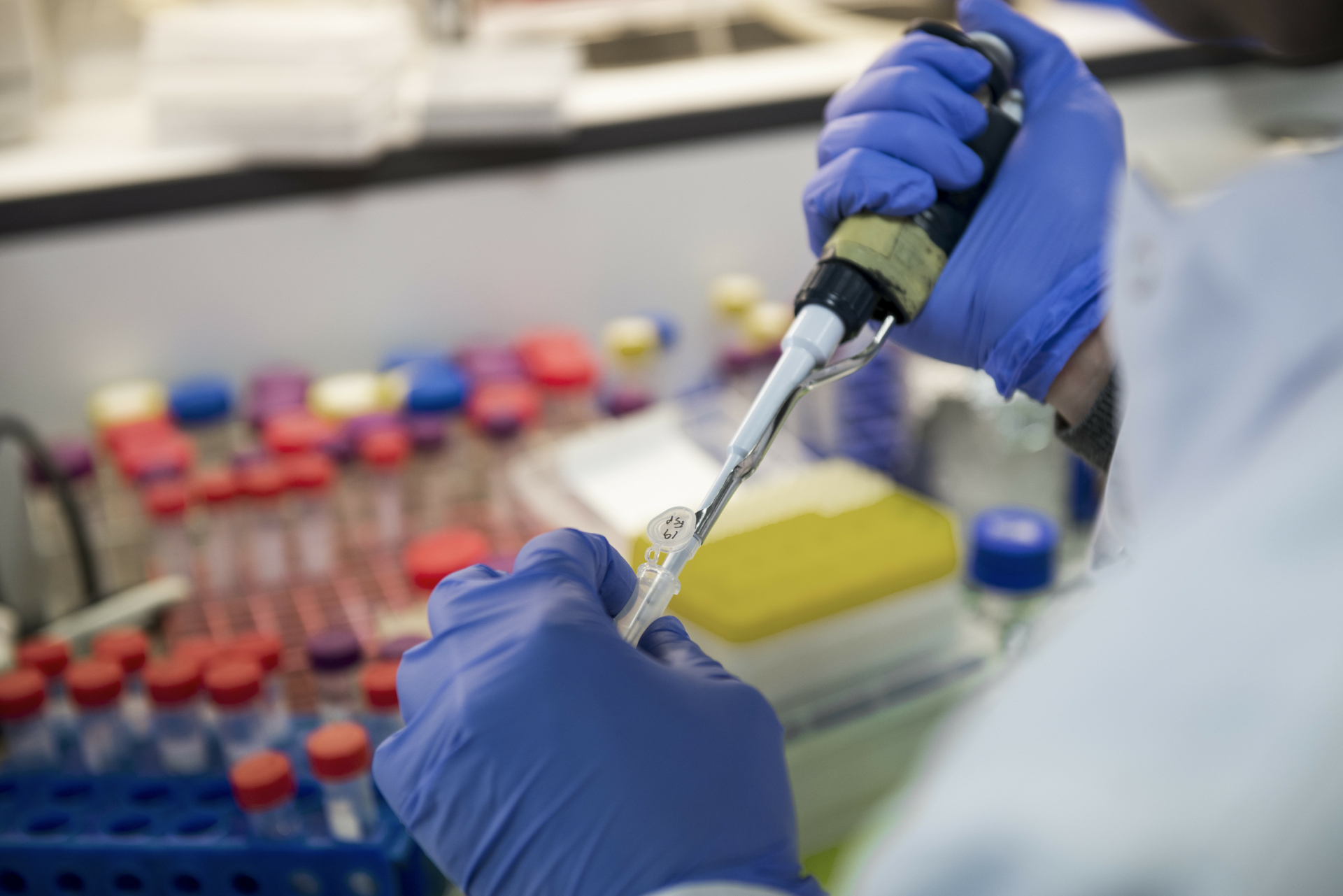
Kiel University
Kiel University (CAU) uses research, teaching and the transfer of science to address the great challenges of our time in health, environmental and cultural change, nutrition and energy. In doing so, it ensures peace and preserves livelihoods for future generations.
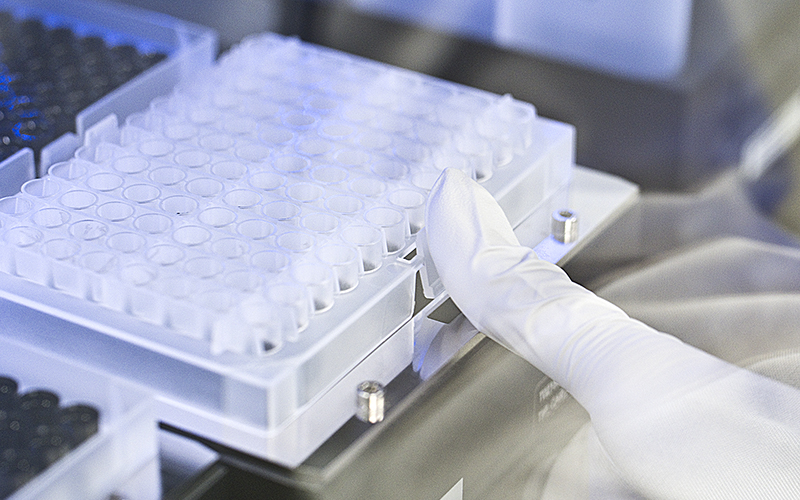
European Molecular Biology Laboratory
The European Molecular Biology Laboratory (EMBL) is Europe’s leading life sciences organisation. Conducts world-class life sciences research, provides training for students and scientists, and state-of-the-art research infrastructures for a wide range of scientific and experimental services.
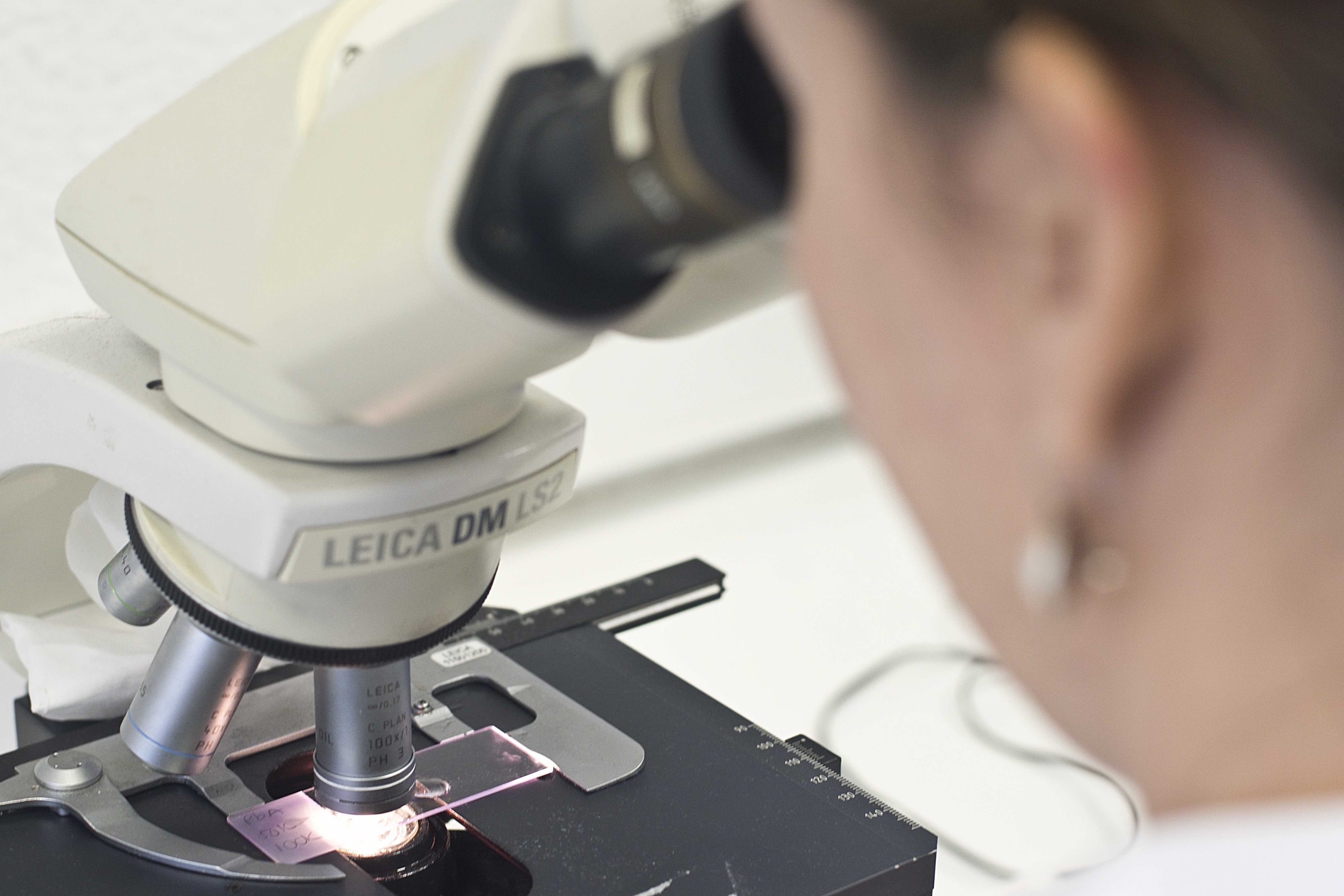
University of Lausanne
The University of Lausanne (UNIL) comprises more than 190 research units working in fields as diverse as genomics, aesthetics of cinema, environmental law and criminalistics.
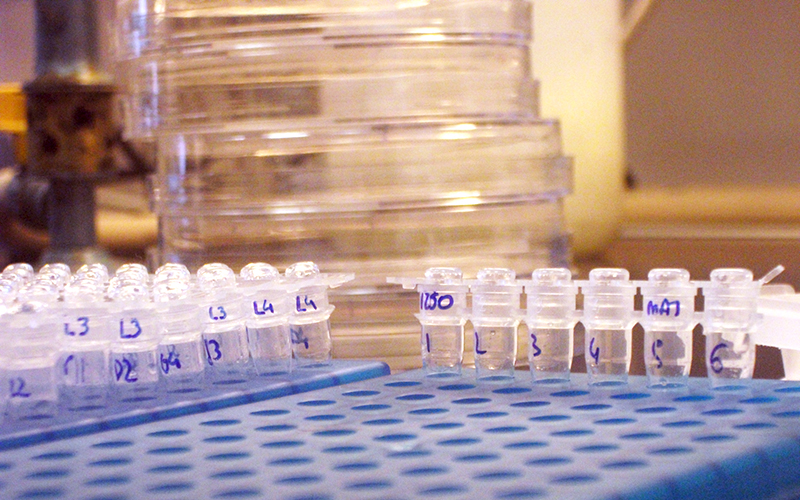
ITQB NOVA
Instituto de Tecnologia Química e Biológica António Xavier (ITQB NOVA) is a scientific research and advanced training institute that develops scientific research and graduate teaching in Life Sciences, Chemistry, and Associated Technologies.
